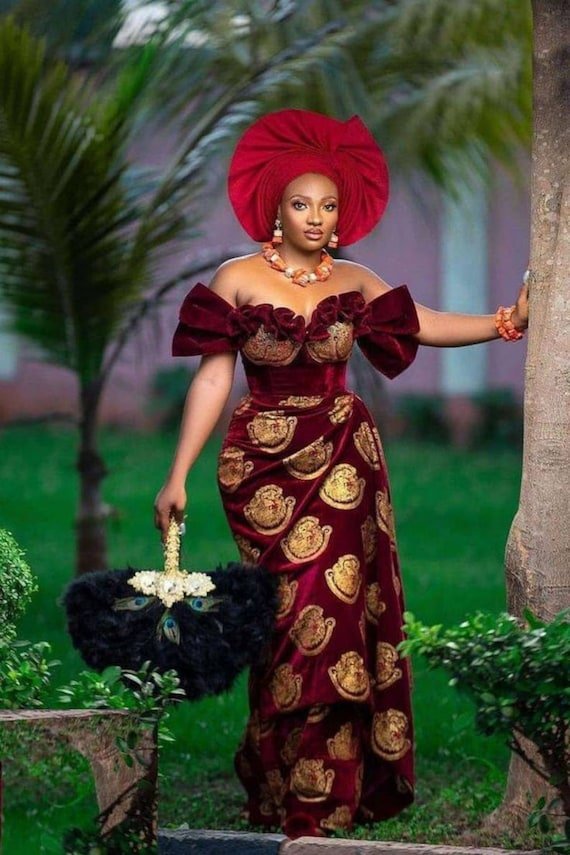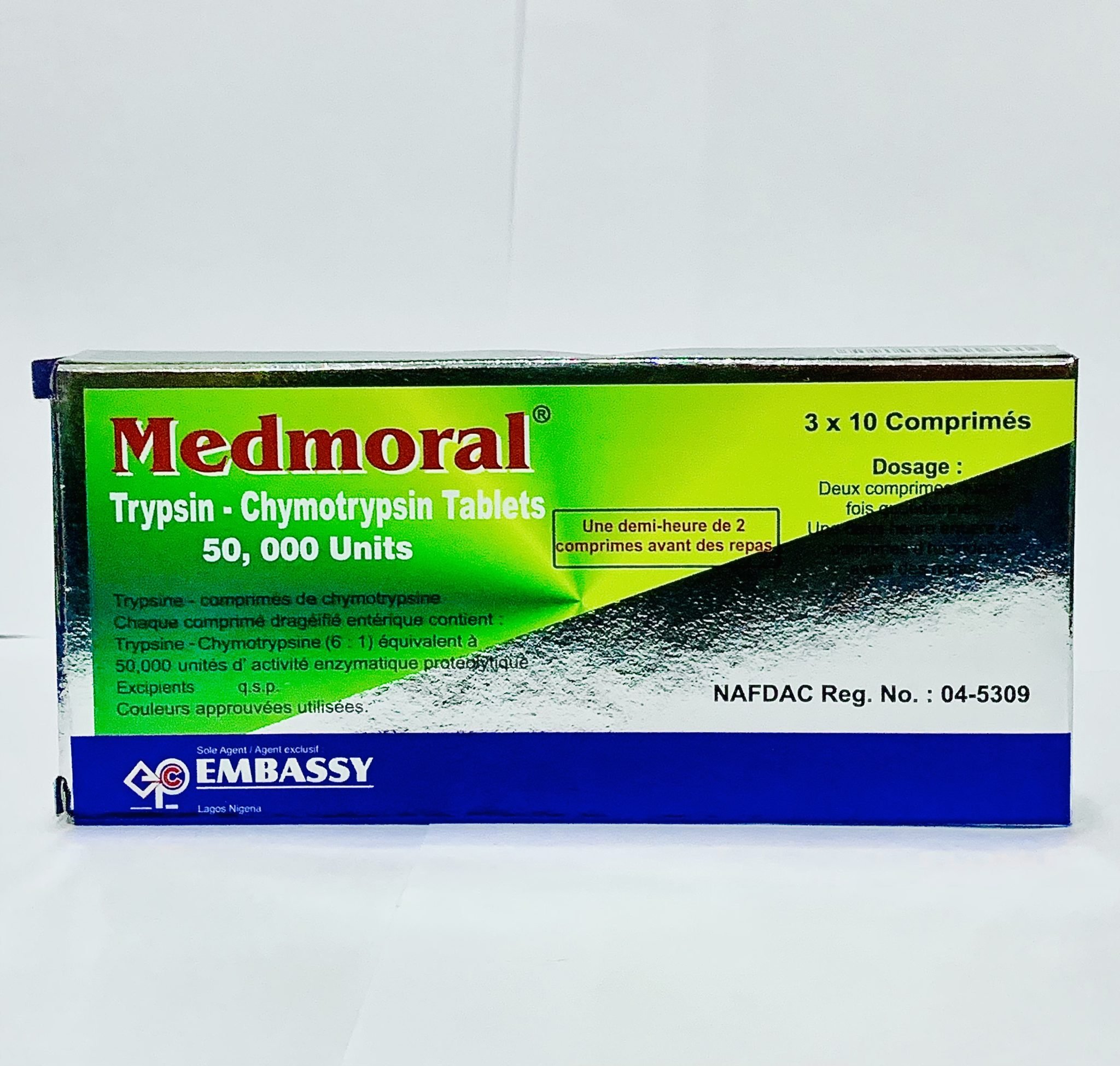
Embodied in vibrant colors and intricate designs, female Igbo traditional attire represents a tapestry of culture and heritage. Adorned with beads, wrappers, and headgear, these garments reflect both pride and tradition. Each piece tells a story, weaving threads of history and identity into a beautiful ensemble. In a world where fashion often evolves, these timeless outfits serve as a reminder of the rich legacy passed down through generations. Explore the allure and elegance of female Igbo traditional attire as we delve into its significance and style.
Exploring the Beauty of Female Igbo Traditional Attire
Welcome to a colorful journey through the rich tapestry of Igbo culture, focusing on the traditional attire worn by Igbo women. The Igbo people, hailing from southeastern Nigeria, have a vibrant heritage reflected in their clothing, which is not only beautiful but also carries deep cultural significance. In this article, we will delve into the world of female Igbo traditional attire, exploring the history, symbolism, and modern interpretations of these stunning garments.
The History of Igbo Traditional Attire
Traditional Igbo attire for women is a reflection of centuries-old customs and values that are still cherished and celebrated today. In the past, Igbo women would handcraft their clothing using locally sourced materials such as cotton, silk, and jute. These fabrics would be dyed using natural pigments made from plants and minerals, giving the garments their distinctive earthy colors.
The traditional attire of Igbo women typically consists of a wrapper, blouse, and headpiece. The wrapper, known as “iro,” is a long piece of fabric that is tied around the waist and can be styled in various ways to create different looks. The blouse, called “buba,” is usually loose-fitting and adorned with intricate embroidery or beadwork. The headpiece, known as “ichafu,” is worn as a symbol of modesty and elegance.
The Symbolism Behind Igbo Attire
Each element of a woman’s traditional Igbo attire holds symbolic meaning that reflects the values and beliefs of the Igbo culture. The wrapper, for example, signifies a woman’s marital status and can convey messages about her mood or intentions through the way it is tied and styled. The blouse represents femininity and grace, while the headpiece is a symbol of respect and dignity.
Colors also play a significant role in Igbo traditional attire, with each hue carrying its own symbolism. Earthy tones like brown and ochre are associated with the land and fertility, while vibrant colors like red and yellow symbolize joy, prosperity, and celebration. The intricate patterns and designs found in Igbo clothing often depict traditional motifs inspired by nature, animals, and geometric shapes.
Modern Interpretations of Igbo Traditional Attire
While traditional Igbo attire remains an integral part of cultural ceremonies and celebrations, modern interpretations of these garments have also emerged to reflect contemporary styles and trends. Many Igbo women now incorporate elements of traditional attire into their everyday wardrobe, blending traditional fabrics and silhouettes with modern accessories and designs.
Designers and fashion enthusiasts are also exploring innovative ways to reinterpret Igbo traditional attire, experimenting with new fabrics, cuts, and embellishments to create unique and stylish pieces that pay homage to the culture’s rich heritage. From runway shows to street style, Igbo-inspired fashion is gaining popularity both in Nigeria and on the global stage.
Celebrating Igbo Culture Through Fashion
Female Igbo traditional attire is not just clothing; it is a living expression of a culture steeped in history, tradition, and artistry. By wearing traditional Igbo attire, women honor their heritage and identity, connecting with their roots and preserving the legacy of their ancestors.
Whether worn during weddings, festivals, or everyday life, Igbo traditional attire is a testament to the resilience and creativity of the Igbo people. Each garment tells a story, weaving together threads of tradition, symbolism, and beauty to create a tapestry of culture that continues to inspire and captivate all who behold it.
As we journey through the world of female Igbo traditional attire, let us embrace the beauty and complexity of this timeless art form, celebrating the diversity and ingenuity of Igbo culture through the lens of fashion.
Thank you for joining us on this exploration of the beauty of female Igbo traditional attire. May the colors, patterns, and symbolism of these garments continue to inspire and uplift us as we honor the traditions of the past and embrace the innovations of the future.
Igbo bride isi agu outfit idea#shorts #fashion
Frequently Asked Questions
What are the key components of female Igbo traditional attire?
Female Igbo traditional attire typically consists of a wrapper called “iro” worn around the waist, a blouse known as “buba,” and a head tie or scarf known as “gele” to complement the outfit. Accessories like beads, necklaces, and bangles are also commonly worn to enhance the overall look.
How is the iro for female Igbo traditional attire usually styled?
The iro, a wrapper worn by Igbo women, is usually wrapped around the waist in a specific way to create beautiful pleats. This involves folding the fabric and tucking it in carefully to achieve a neat and elegant appearance.
What role do colors and patterns play in female Igbo traditional attire?
Colors and patterns play a significant role in female Igbo traditional attire, with certain colors and designs symbolizing different themes or occasions. Bright colors are often worn for celebrations and festivals, while more subdued colors may be chosen for somber events. The patterns and motifs on the fabric can also convey cultural or symbolic meanings.
Final Thoughts
In conclusion, female Igbo traditional attire beautifully showcases the rich culture and heritage of the Igbo people. The vibrant colors, intricate patterns, and unique designs of the garments reflect the pride and identity of Igbo women. By embracing and preserving these traditional attires, women play a crucial role in passing down their cultural legacy to future generations. Embracing female Igbo traditional attire is not just about fashion but also a way of honoring the traditions and history of the Igbo community.





